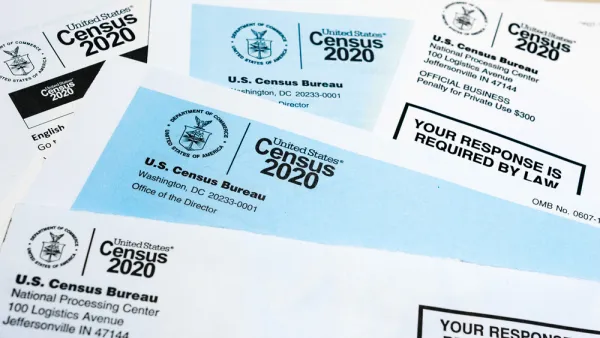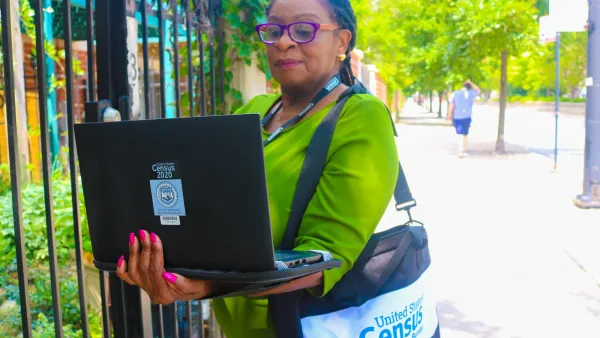The U.S. Census Bureau offers a variety of data and tools that can be used by policy-makers and the public to better understand underserved communities and advance equity.

Recognizing the need for data to improve planning and service delivery, the U.S. Census Bureau produces data that depict an accurate portrait of America, including its underserved communities. Some of the data equity services highlighted in this article include:
-
Demographic Data: The Census Bureau offers data by key demographic variables such as race, ethnicity, sex, disability, income, and veteran status to help measure equity. These data are often by geography, which provides meaning and context to the statistical data, and can identify rural and underserved communities. Users are encouraged to explore demographic data with data tools such as data.census.gov.
-
Data Tools: The Census Bureau has developed a variety of data tools that help the public and policy-makers understand the issues surrounding inequities and enable them to develop and propose effective, data-based solutions.
-
Public Assistance Program Metrics: Census Bureau data can provide metrics to show public assistance programs’ progress and outcomes.
-
Diversity Measurement: The Census Bureau uses several approaches to measure the racial and ethnic diversity of the U.S. population, including the Diversity Index, prevalence rankings, the diffusion score, and a series of prevalence maps.
-
Data Education: A major part of the Census Bureau's mission is to educate the public, policy makers, and stakeholders on what data they have available and how to use them. To empower data users with understandable, accurate, and timely information and the knowledge to use it, the Census Bureau invites users to:
- Explore the online Census Academy for upcoming webinars and on-demand data training.
- Browse the Data Equity Library with its online collection of equity-related data visualizations, infographics, photos, audio, video, working papers and more.
For more information, please read the source article.
FULL STORY: Advancing Equity with Data

Analysis: Cybertruck Fatality Rate Far Exceeds That of Ford Pinto
The Tesla Cybertruck was recalled seven times last year.

National Parks Layoffs Will Cause Communities to Lose Billions
Thousands of essential park workers were laid off this week, just before the busy spring break season.

Retro-silient?: America’s First “Eco-burb,” The Woodlands Turns 50
A master-planned community north of Houston offers lessons on green infrastructure and resilient design, but falls short of its founder’s lofty affordability and walkability goals.

Test News Post 1
This is a summary

Analysis: Cybertruck Fatality Rate Far Exceeds That of Ford Pinto
The Tesla Cybertruck was recalled seven times last year.

Test News Headline 46
Test for the image on the front page.
Urban Design for Planners 1: Software Tools
This six-course series explores essential urban design concepts using open source software and equips planners with the tools they need to participate fully in the urban design process.
Planning for Universal Design
Learn the tools for implementing Universal Design in planning regulations.
EMC Planning Group, Inc.
Planetizen
Planetizen
Mpact (formerly Rail~Volution)
Great Falls Development Authority, Inc.
HUDs Office of Policy Development and Research
NYU Wagner Graduate School of Public Service




























